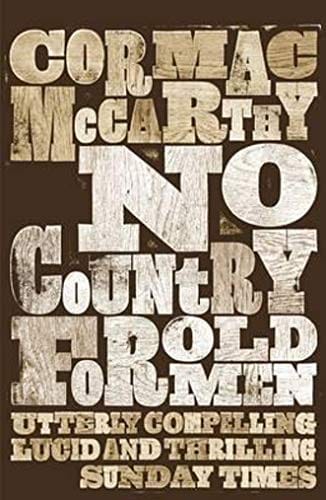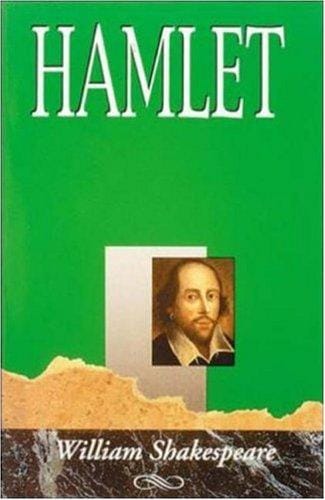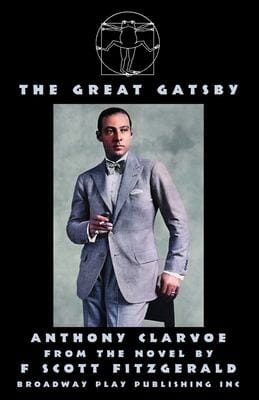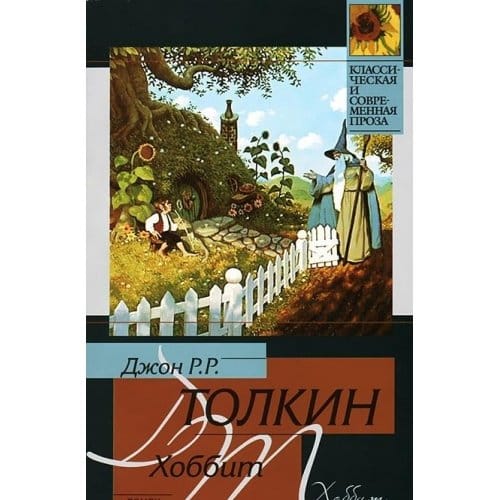Dead Poets Society: Film Analysis, Themes & Lasting Legacy
Explore the plot, themes and cultural legacy of Dead Poets Society in this concise yet deep 800-word analysis that captures why the film still resonates today.
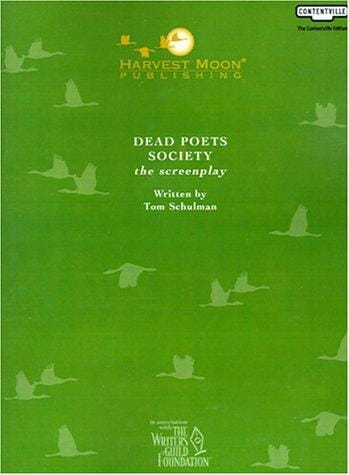
Introduction: Why "Dead Poets Society" Still Resonates
Released in 1989 and directed by Peter Weir, "Dead Poets Society" remains one of the most beloved coming-of-age dramas in modern cinema. Set against the austere backdrop of the fictional Welton Academy in 1959, the film explores the clash between conformity and individuality, tradition and innovation. Over three decades later, its rallying cry of "Carpe Diem" continues to inspire viewers to seize the day, think for themselves, and live life passionately. This article offers an 800-word deep dive into the film’s plot, characters, themes, cinematic craftsmanship, and enduring cultural impact.
Plot Overview
The story follows a group of academically gifted but emotionally stifled boys at an elite New England boarding school. Their lives change when they meet John Keating, an unorthodox English teacher and Welton alumnus portrayed by Robin Williams. Keating challenges his students—Neil Perry, Todd Anderson, Knox Overstreet, Charlie Dalton, Richard Cameron, and Steven Meeks—to rip pages from textbooks, stand on desks, and uncover the transformative power of poetry.
Inspired by Keating, the boys resurrect the clandestine "Dead Poets Society," sneaking off to a nearby cave to read verse, share dreams, and push personal boundaries. For Neil, the Society sparks a passion for acting; shy Todd finds his voice; Knox pursues love; and Charlie rebels against authority. However, the conservative school administration, personified by Headmaster Nolan and strict parents, moves to quash this newfound freedom. Tragedy strikes when Neil, unable to reconcile his artistic aspirations with his father’s rigid expectations, takes his own life. The incident prompts an investigation that scapegoats Keating, leading to his dismissal. In a final act of solidarity, Todd and several classmates stand on their desks and salute him with “O Captain! My Captain!”, underlining the indelible mark he has left on their lives.
Character Portraits
John Keating embodies progressive pedagogy. His unorthodox lessons prioritize self-expression over rote learning, making him both a mentor and a catalyst for change.
Neil Perry represents youthful idealism and the high cost of parental pressure. His tragic arc underscores the film’s critique of oppressive authority.
Todd Anderson illustrates the journey from crippling shyness to self-confidence. Through Keating’s encouragement, he discovers his poetic voice and leadership potential.
Charlie Dalton (a.k.a. Nuwanda) personifies rebellion, testing Welton’s boundaries and demonstrating both the thrill and risk of non-conformity.
Richard Cameron serves as the foil, choosing security over loyalty, thus highlighting the moral choices that define adulthood.
Key Themes
Carpe Diem (Seize the Day) is the film’s central mantra. Keating urges students to make their lives “extraordinary,” a message that transcends generational divides and continues to resonate in modern self-help culture.
Individuality vs. Conformity drives the narrative tension. Welton’s “Four Pillars” of tradition, honor, discipline, and excellence contrast sharply with Keating’s free-spirited teaching, revealing the personal turmoil inherent in choosing one’s path.
The Power of Art and Poetry demonstrates how literature can unlock emotions often suppressed by rigid systems. By sharing works by Whitman, Thoreau, and Byron, Keating equips his students with language to articulate their deepest desires.
The Consequences of Authoritarianism surface through Neil’s tragedy. The film warns that systems prioritizing obedience over empathy can destroy youthful potential.
Legacy and Mentorship appear in Keating’s lasting influence. Even after his dismissal, the seeds of critical thought he plants will shape the boys’ futures, symbolized by their desk-standing act of defiance.
Cinematic Techniques and Aesthetic Choices
Director Peter Weir employs visual storytelling to elevate the screenplay. Wide shots of Welton’s gothic architecture emphasize institutional rigidity, while warm, intimate lighting in cave scenes highlights camaraderie. The use of slow tracking shots during Keating’s lectures captures student awe and intellectual awakening. Maurice Jarre’s understated score complements the film’s emotional beats without overpowering them. Finally, the climactic overhead shot of students standing on desks delivers both literal and metaphorical elevation, cementing the scene’s iconic status.
Cultural Legacy
"Dead Poets Society" earned four Academy Award nominations and won for Best Original Screenplay, but its influence extends far beyond accolades. The film sparked renewed interest in poetry among young audiences and became a staple in educational discussions about creative teaching methods. Its themes have permeated popular culture, from classroom posters quoting "Carpe Diem" to real-life Dead Poets Societies in universities worldwide.
The movie also contributed to Robin Williams’ evolution from comedian to serious actor, paving the way for later dramatic roles in "Good Will Hunting" and "Insomnia." Moreover, it inspired educators to adopt more student-centric approaches, recognizing the role of emotional intelligence in learning. In a broader context, the film stands as a cultural touchstone in debates about mental health, academic pressure, and the cost of suppressed creativity.
Iconic Quotes Worth Remembering
• "Carpe Diem. Seize the day, boys. Make your lives extraordinary."
• "No matter what anybody tells you, words and ideas can change the world."
• "We don’t read and write poetry because it’s cute. We read and write poetry because we are members of the human race."
These lines encapsulate the film’s empowering philosophy and continue to circulate in classrooms, commencement speeches, and motivational talks worldwide.
Conclusion: The Enduring Call to Live Deliberately
More than three decades after its release, "Dead Poets Society" remains a poignant exploration of youth, authority, and the transformative power of art. Its enduring popularity lies in its universal appeal: the quest to find one’s own voice amid societal expectations. The film challenges viewers to question inherited norms, celebrate creativity, and, above all, seize the fleeting moments that compose a life. As generations of cinephiles continue to echo "O Captain! My Captain!", the legacy of John Keating and his band of dead poets lives on, urging us all to live deliberately.
